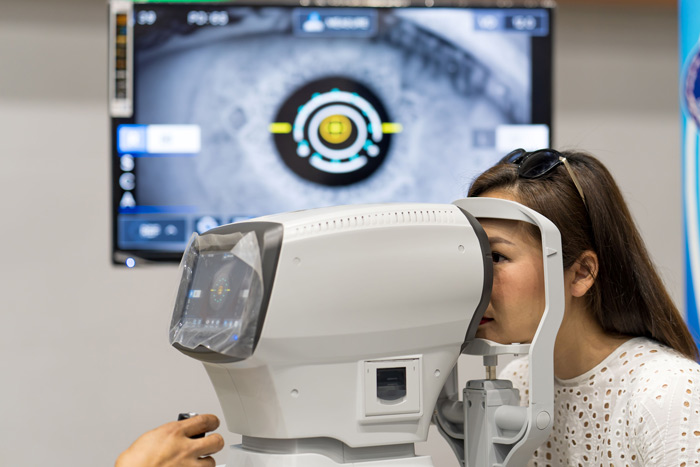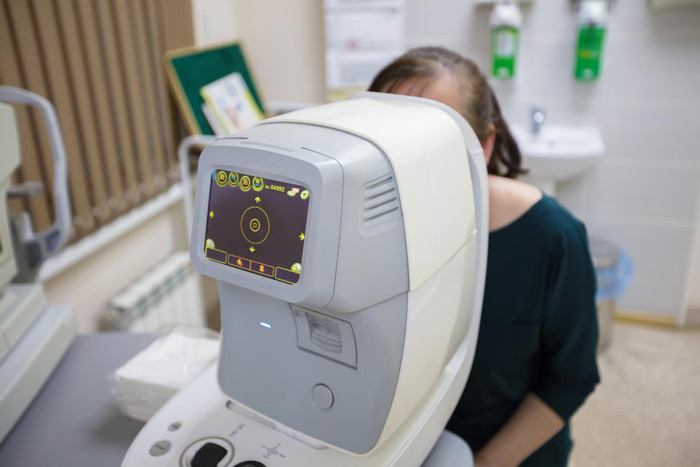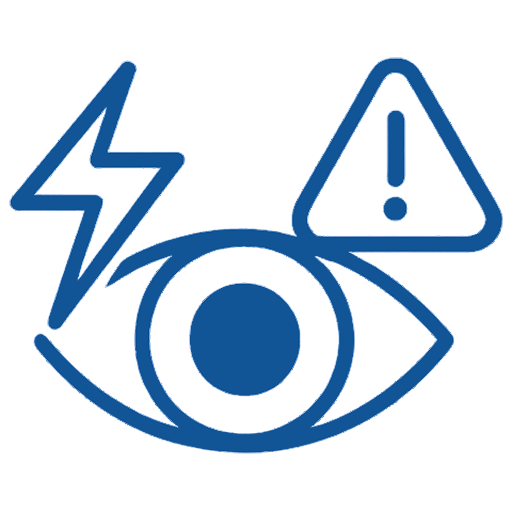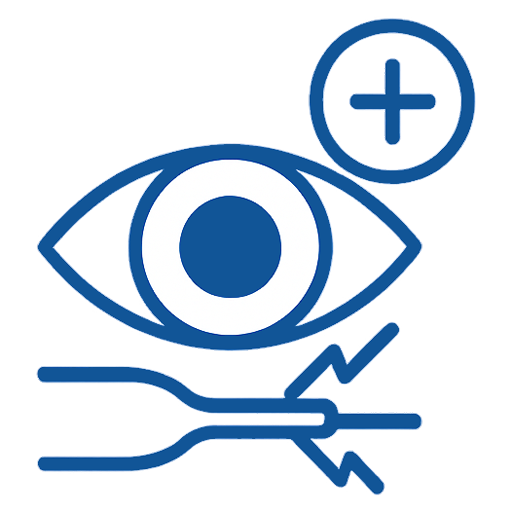What is Glaucoma?
Glaucoma is a group of eye diseases that damage the optic nerve, often due to increased pressure within the eye. This damage is usually progressive and can lead to permanent vision loss if not detected early. Glaucoma is one of the leading causes of irreversible blindness worldwide. While the condition often develops slowly without obvious symptoms, early diagnosis and treatment are essential to preserve vision. Common types of glaucoma include primary open-angle glaucoma, angle-closure glaucoma, and normal-tension glaucoma.

What Are the Symptoms of Glaucoma?
In its early stages, glaucoma may not cause any noticeable symptoms. As the condition advances, it can lead to peripheral (side) vision loss and eventually affect central vision. Depending on the type of glaucoma, symptoms may vary:
Because glaucoma can progress without warning, regular eye screenings especially after age 40 are crucial for early detection.
Treatment Options for Glaucoma
Glaucoma cannot be cured, but treatment can slow or prevent further vision loss by lowering intraocular pressure. Treatment options depend on the type and severity of the condition:
Medicated eye drops are usually the first line of treatment. They work by either reducing the production of fluid in the eye or improving its drainage to lower pressure.
Laser procedures such as selective laser trabeculoplasty (SLT) are commonly used for open-angle glaucoma to enhance fluid drainage from the eye. For angle-closure glaucoma, a laser iridotomy may be performed to create a small opening in the iris and relieve pressure.
MIGS procedures offer a safer and quicker recovery alternative to traditional surgery for mild to moderate glaucoma cases.
In more advanced or unresponsive cases, procedures such as trabeculectomy or the implantation of drainage devices may be recommended to reduce intraocular pressure effectively.

Monitoring and Long-Term Care
Glaucoma is a chronic condition that requires lifelong management. Patients diagnosed with glaucoma will need regular follow-up appointments to monitor eye pressure, visual fields, and optic nerve health. Dr Low tailors each treatment plan to the individual, adjusting medications or procedures as needed to keep the condition under control and protect long-term vision.

Expert Glaucoma Care by Dr Low Jin Rong
Why Choose Dr Low Jin Rong?
Book An Appointment With Dr Low
Schedule Your Glaucoma Screening Today
If you have risk factors for glaucoma such as a family history, being over the age of 40, elevated eye pressure, or certain medical conditions, early screening is essential. Book an appointment with Dr Low at his clinic in Novena to evaluate your eye health and receive appropriate care to help prevent vision loss.
Quick Reply
Usually within one working day.







